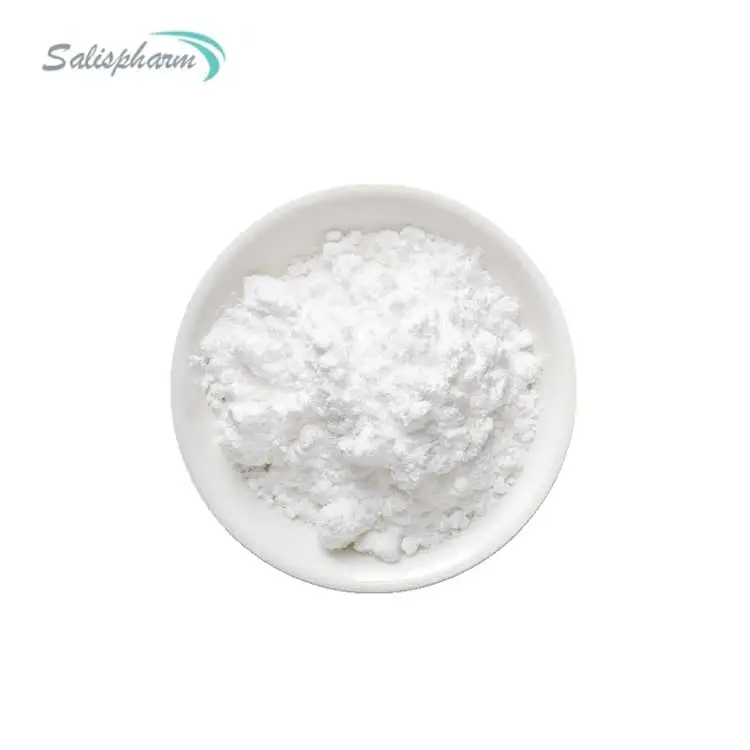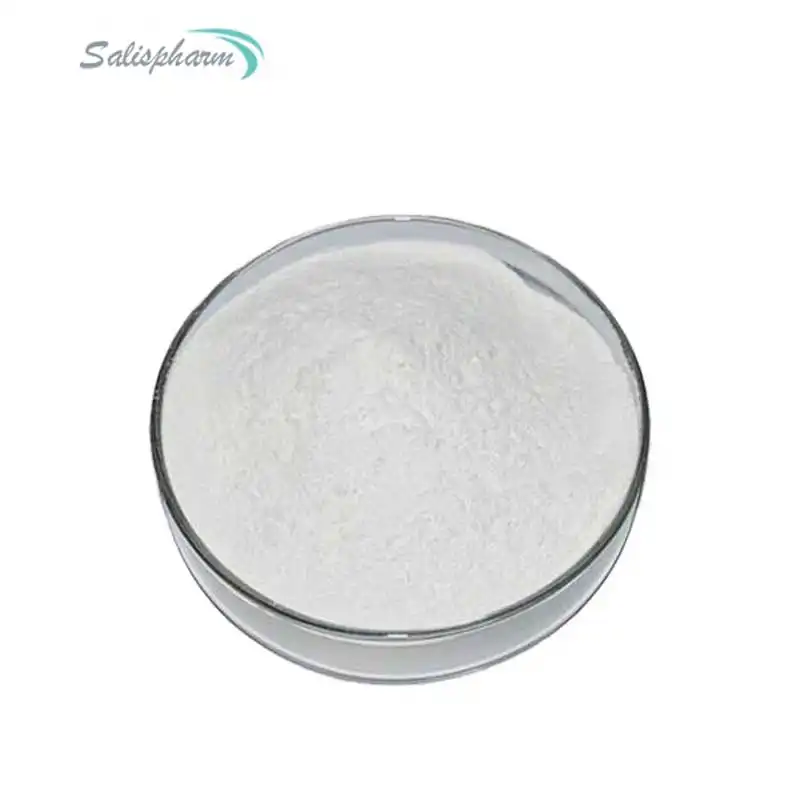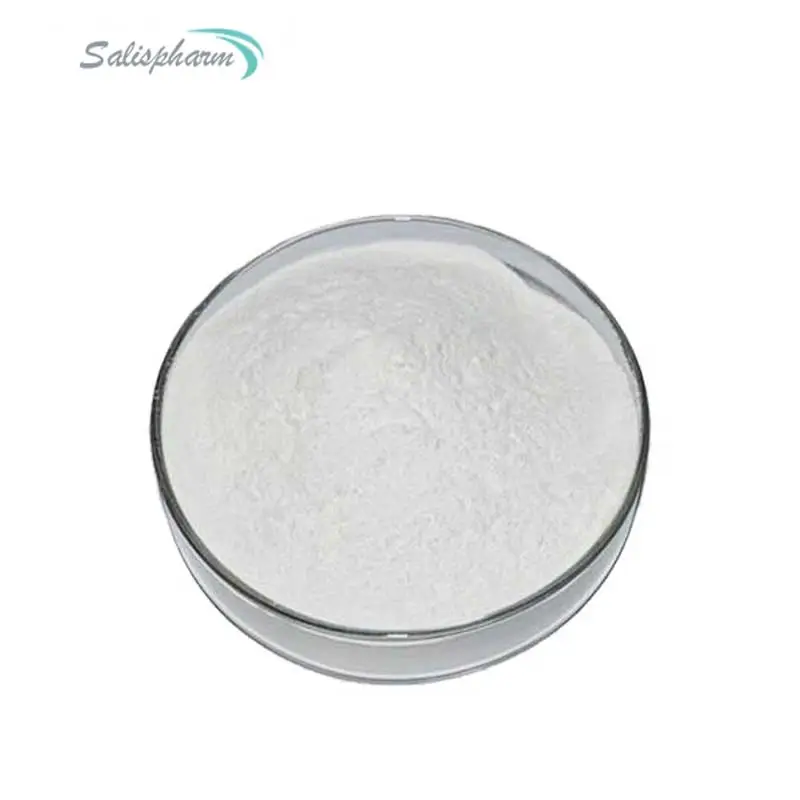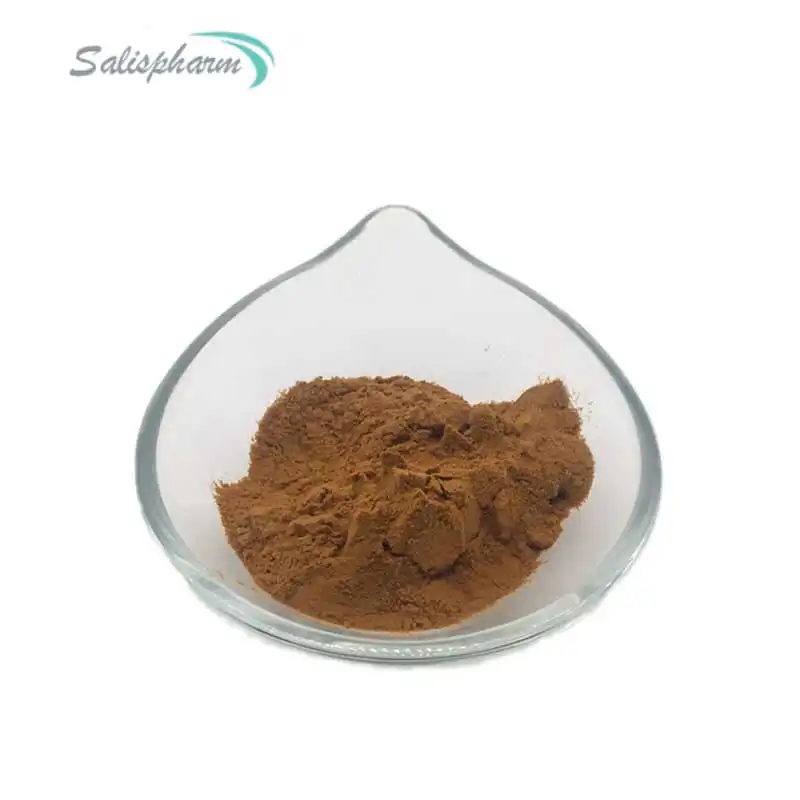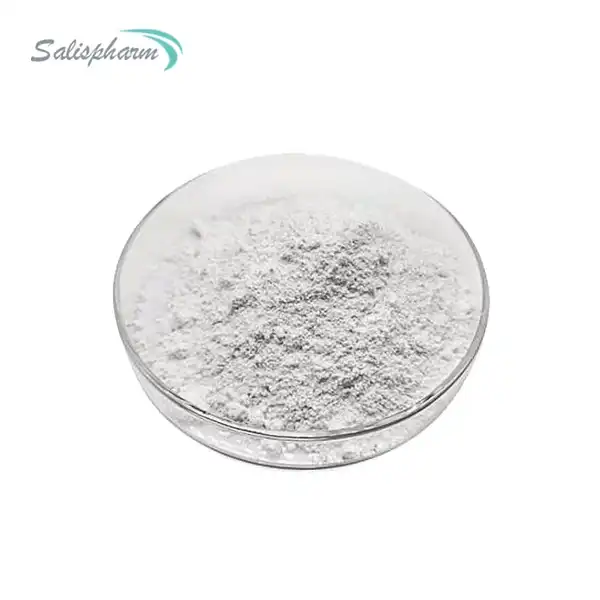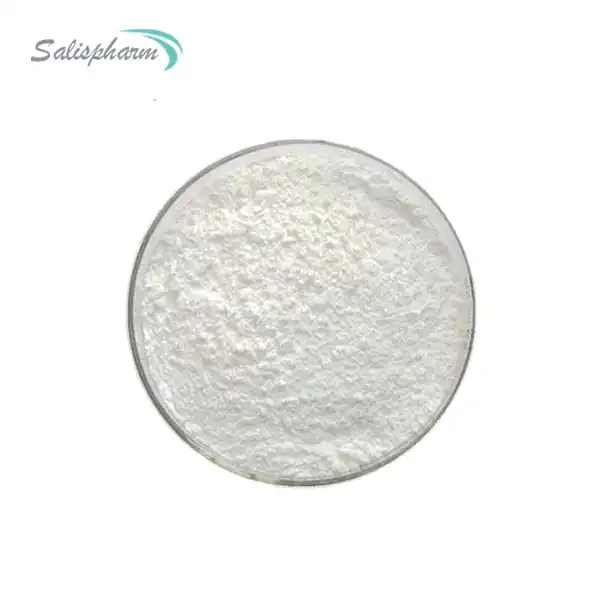Colds are a common ailment that affects millions of people worldwide, and many seek relief through various remedies. One such remedy that has gained attention is analgin powder. This blog post will explore the potential benefits and risks of using analgin powder for cold symptoms, as well as alternative treatments and important considerations for managing colds effectively.
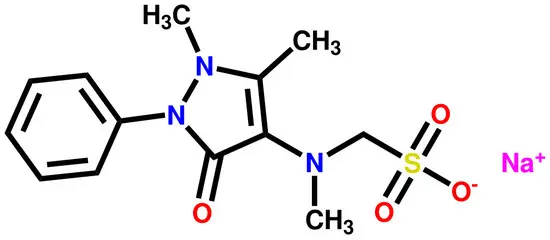
What are the side effects of using analgin powder for cold relief?
Analgin powder, also known as metamizole or dipyrone, has been used for decades as a pain reliever and fever reducer. While it may provide some relief for cold symptoms, it's essential to understand the potential side effects associated with its use.
One of the most significant concerns with analgin powder is the risk of agranulocytosis, a severe and potentially life-threatening condition characterized by a dramatic decrease in white blood cells. This condition can leave the body vulnerable to infections and other complications. The risk of agranulocytosis is estimated to be between 1 in 1,000 and 1 in 10,000 users, which has led to the banning or restriction of analgin in many countries, including the United States, United Kingdom, and several European nations.
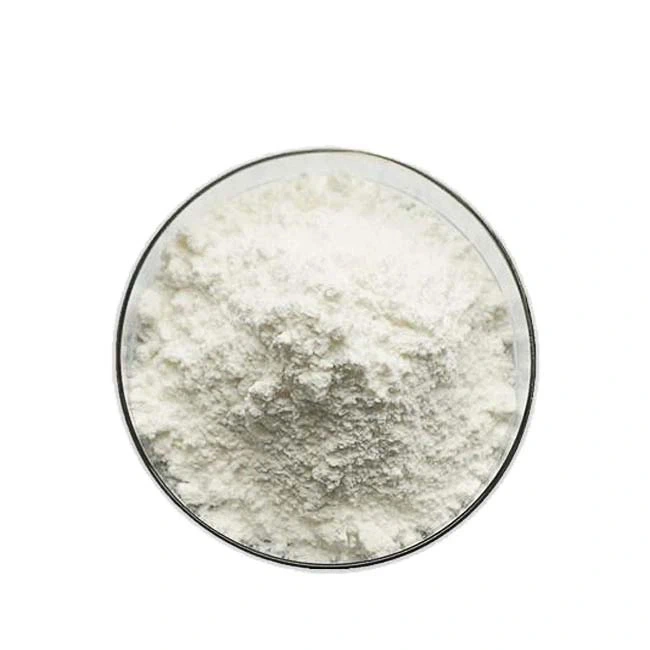
Other potential side effects of analgin powder include:
1. Allergic reactions: Some individuals may experience allergic reactions ranging from mild skin rashes to severe anaphylaxis.
2. Gastrointestinal issues: Nausea, vomiting, and stomach pain are possible side effects, particularly with prolonged use or high doses.
3. Kidney problems: In rare cases, analgin use has been associated with acute kidney injury, especially in individuals with pre-existing kidney conditions.
4. Liver damage: While uncommon, there have been reports of liver toxicity linked to analgin use.
5. Blood disorders: In addition to agranulocytosis, analgin may cause other blood disorders such as thrombocytopenia (low platelet count) or leukopenia (low white blood cell count).
6. Cardiovascular effects: Some studies have suggested a potential link between analgin use and an increased risk of heart attacks and strokes, although more research is needed to confirm this association.
7. Interactions with other medications: Analgin may interact with various drugs, including blood thinners, antidepressants, and certain antibiotics, potentially leading to adverse effects or reduced efficacy of these medications.
Given these potential side effects, it's crucial to weigh the risks and benefits of using analgin powder for cold relief. In many cases, the risks may outweigh the potential benefits, especially considering that colds are typically self-limiting conditions that resolve on their own within a week or two.
If you're considering using analgin powder for cold symptoms, it's essential to consult with a healthcare professional first. They can provide guidance on whether analgin is appropriate for your situation and discuss safer alternatives that may be more suitable for managing cold symptoms.
How effective is analgin powder compared to other cold remedies?
When comparing the effectiveness of analgin powder to other cold remedies, it's important to consider both the potential benefits and limitations of each option. While analgin may provide some relief for certain cold symptoms, its overall effectiveness as a cold remedy is limited, and there are often safer and more targeted alternatives available.
Analgin powder primarily acts as a pain reliever and fever reducer. Its main active ingredient, metamizole, belongs to the class of nonsteroidal anti-inflammatory drugs (NSAIDs). While it can help alleviate headaches, body aches, and fever associated with colds, it does not directly address other common cold symptoms such as nasal congestion, runny nose, or cough.
In comparison to other cold remedies:
1. Over-the-counter pain relievers and fever reducers:
Medications like acetaminophen (Tylenol) or ibuprofen (Advil, Motrin) can provide similar pain relief and fever reduction as analgin, with a better-established safety profile. These medications are widely available and recommended by healthcare professionals for managing cold symptoms.
2. Decongestants:
For nasal congestion, decongestants like pseudoephedrine or phenylephrine can be more effective than analgin. These medications work by reducing swelling in the nasal passages, providing relief from stuffiness.
3. Antihistamines:
For runny nose and sneezing, antihistamines such as loratadine (Claritin) or cetirizine (Zyrtec) can be more effective than analgin. These medications work by blocking histamine, which is responsible for many allergy-like cold symptoms.
4. Cough suppressants and expectorants:
For cough relief, medications containing dextromethorphan (a cough suppressant) or guaifenesin (an expectorant) can be more targeted and effective than analgin.
5. Combination cold and flu medications:
Many over-the-counter cold and flu medications combine multiple active ingredients to address various symptoms simultaneously. These formulations often provide more comprehensive relief than analgin alone.
6. Natural remedies:
Some people find relief from cold symptoms through natural remedies such as honey, vitamin C, zinc, or herbal teas. While the effectiveness of these remedies varies, they often have fewer side effects compared to analgin.
7. Rest and hydration:
Simple measures like getting adequate rest and staying hydrated can be as effective as many medications in helping the body recover from a cold.
When evaluating the effectiveness of analgin powder compared to other cold remedies, it's crucial to consider the risk-benefit ratio. While analgin may provide some symptom relief, its potential for serious side effects often outweighs its benefits, especially when safer alternatives are readily available.
Moreover, it's important to remember that colds are viral infections that cannot be cured by any medication. The primary goal of cold remedies is to manage symptoms and improve comfort while the body's immune system fights off the virus. In this context, targeted symptom relief using safer medications or natural remedies may be more appropriate than using a broad-spectrum drug like analgin with a higher risk profile.
Ultimately, the most effective approach to managing cold symptoms often involves a combination of targeted treatments, rest, and supportive care. Consulting with a healthcare professional or pharmacist can help you determine the most appropriate and effective remedies for your specific symptoms and medical history.
Can analgin powder be safely used for children with colds?
The use of analgin powder in children with colds is a topic of significant concern and controversy in the medical community. While analgin has been used in some countries for pediatric patients, its safety profile and potential risks have led many health authorities to advise against its use in children, particularly for common conditions like colds.
- Safety Concerns
1. Agranulocytosis risk: The risk of agranulocytosis, a severe and potentially life-threatening blood disorder, is one of the primary reasons why analgin use in children is discouraged. Children may be more vulnerable to this condition, and its onset can be rapid and unpredictable.
2. Difficulty in dosing: Analgin powder can be challenging to dose accurately for children, increasing the risk of under- or overdosing. Improper dosing can lead to ineffective treatment or increased side effects.
3. Masking serious conditions: Using analgin to treat cold symptoms in children may mask more serious underlying conditions, potentially delaying proper diagnosis and treatment.

4. Allergic reactions: Children may be more susceptible to allergic reactions from analgin, which can range from mild skin rashes to severe anaphylaxis.
5. Lack of long-term safety data: There is limited long-term safety data on the use of analgin in children, particularly for repeated or prolonged use.
6. Regulatory status: In many countries, including the United States and most of Europe, analgin is not approved for use in children due to safety concerns.
- Alternative Approaches for Managing Colds in Children
Given the safety concerns associated with analgin powder, healthcare professionals generally recommend alternative approaches for managing cold symptoms in children:
1. Acetaminophen or ibuprofen: These over-the-counter medications are considered safer options for managing fever and pain in children with colds. They have well-established safety profiles and dosing guidelines for pediatric use.
2. Nasal saline drops or sprays: These can help relieve nasal congestion and are safe for use in children of all ages.
3. Humidifiers: Using a cool-mist humidifier in the child's room can help ease congestion and coughing.
4. Adequate hydration: Ensuring the child drinks plenty of fluids can help thin mucus and prevent dehydration.
5. Rest: Encouraging the child to get plenty of rest allows the body to focus on fighting the virus.
6. Honey (for children over 1 year old): A teaspoon of honey can help soothe a sore throat and reduce coughing in older children.
7. Elevating the head: For infants and young children, slightly elevating the head of the bed or crib can help with nasal drainage and breathing.
8. Nasal aspiration: Using a bulb syringe or nasal aspirator can help clear mucus from a baby's or young child's nose.
- When to Seek Medical Attention
While most colds in children can be managed at home, it's important to know when to seek medical attention. Parents should consult a healthcare provider if:
- The child has a fever that persists for more than three days or is very high (over 103°F or 39.4°C).
- The child shows signs of difficulty breathing or rapid breathing.
- The child appears unusually lethargic or irritable.
- The child refuses to eat or drink for an extended period.
- Cold symptoms persist for more than 10-14 days without improvement.
- There are signs of ear pain, which could indicate an ear infection.
In conclusion, while analgin powder has been used in some regions for treating cold symptoms in children, its potential risks generally outweigh any benefits, especially for a common and typically self-limiting condition like a cold. The safer and recommended approach is to use well-established, age-appropriate treatments and supportive care measures. Always consult with a pediatrician or healthcare provider for personalized advice on managing your child's cold symptoms, especially if you have concerns about their condition or are considering any medication use.
If you are also interested in this product and want to know more product details, or want to know about other related products, please feel free to contact iceyqiang@gmail.com.
References:
1. World Health Organization. (2019). WHO Model List of Essential Medicines, 21st List.
2. European Medicines Agency. (2018). Assessment report for metamizole-containing medicinal products.
3. U.S. Food and Drug Administration. (2017). FDA Drug Safety Communication: FDA warns about rare but serious skin reactions with the pain reliever/fever reducer acetaminophen.
4. American Academy of Pediatrics. (2021). Caring for Your Child's Cold or Flu.
5. National Institute for Health and Care Excellence. (2019). Common cold - Clinical Knowledge Summaries.
6. Zarbock, A., et al. (2018). Dipyrone metabolites cause agranulocytosis by inducing neutrophil apoptosis. Annals of the Rheumatic Diseases, 77(3), 449-455.
7. Stammschulte, T., et al. (2015). Metamizole (dipyrone)-associated agranulocytosis. An analysis of German spontaneous reports 1990-2012. European Journal of Clinical Pharmacology, 71(9), 1129-1138.
8. Allan, G. M., & Arroll, B. (2014). Prevention and treatment of the common cold: making sense of the evidence. CMAJ, 186(3), 190-199.
9. Picon, P. D., et al. (2013). Symptomatic treatment of the common cold with a fixed-dose combination of paracetamol, chlorphenamine and phenylephrine: a randomized, placebo-controlled trial. BMC Infectious Diseases, 13, 556.
10. Karsch-Völk, M., et al. (2014). Echinacea for preventing and treating the common cold. Cochrane Database of Systematic Reviews, (2), CD000530.

